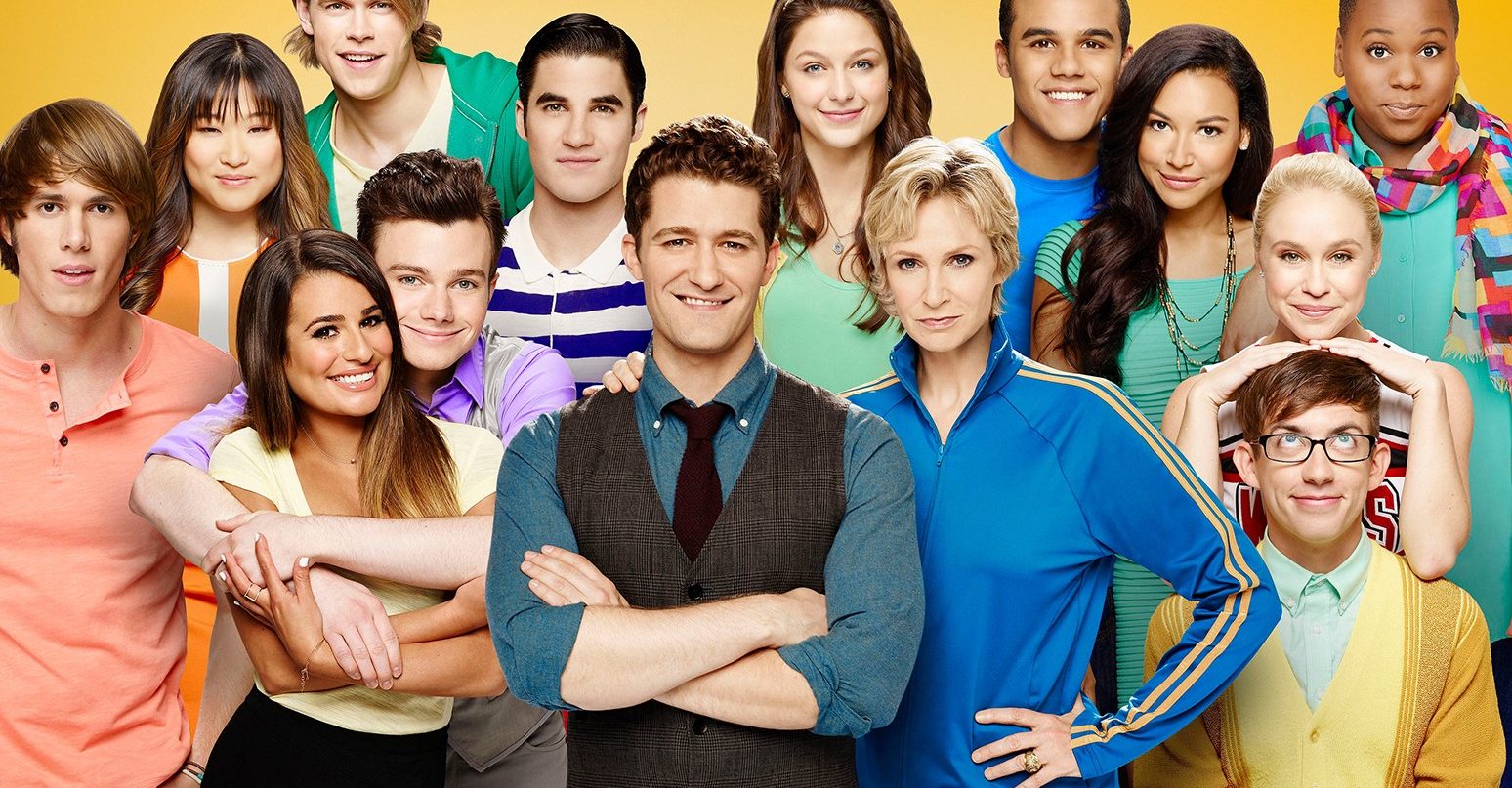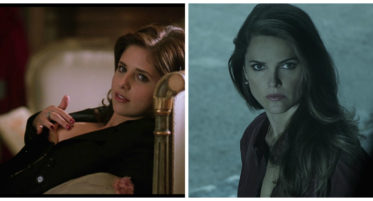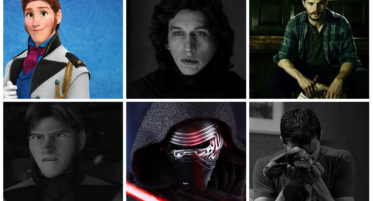
Prompt Images
When I think of Pride Month, I think of many things: The need for equal rights for people who identify as LGBTQ+. The progress that comes from taking a month to recognize those who have for so long been kept in the shadows. And the way pop culture, in my opinion, has helped to turn the tide toward acceptance .
I realize that correlation does not mean causation. But, if it’s true that reading boosts empathy, then creating and presenting the stories and characters who are LGBTQ+ in our visual media should be no different. When people only associate a certain group with the hateful rhetoric surrounding them, it can be hard to see them for anything beyond the labels and fears that have been plastered on them.
Exposure to stories and characters, both real and imagined, has the power to supersede those narratives.
The show that most stands out to me for helping change the narrative around LGBTQ+ characters is the 2010s’ musical dramedy Glee. Now, Glee was a flawed show. It did not handle every issue with tact, there were performances that may have been better left undone, and some scenes were—and are—cringeworthy. But, for all of its foibles, it is hard to deny the impact it had on its viewers, pop culture, and culture as a whole.
Unlike many other shows, Glee’s LGBTQ+ characters had dimensionality beyond just being “the gay one.”
Kurt Hummel, played by Chris Colfer, shined bright amongst the glee club’s many stars. with his talent, his fashion, and his personality. Between the writers’ craftsmanship, and Chris Colfer’s acting, Kurt’s story was told with a heart and caring that I hadn’t seen before on television. While I’m sure it existed, at 14, I hadn’t seen many LGBTQ+ characters on TV who weren’t treated as a punchline, and I had seen even fewer people who identified as such in my daily life.
Kurt was a teen who aspired to live a life on the stage and didn’t not waver in the face of frequent persecution, mockery, and bullying by his peers due to his sexuality. He coped with the loss of his mother and feared that his father would not accept him as he was, but instead found out that his dad was one of his staunchest supporters. He loved fantastic, avant-garde fashion—almost as much as his acapella-singing soulmate, Blaine. Kurt was layered, and sweet, and could wrench your heart with a single tear.
Kurt was fully human—not a joke or mere teaching tool.
This was not a rarity on the show. When Naya Rivera tragically passed away last year, fans and critics alike praised her for her performance as Santana—a powerful Latina woman who struggled to come to terms with her sexuality at first, and later wholeheartedly embraced it and married her best friend, Brittany. Viewers who had felt similarly about their sexuality shared how much it meant to them to see someone like themselves on the screen. How it gave them the courage to live their lives fully. Earlier this year, Rivera received an award from GLAAD, recognizing her work within the LGBTQ+ community and her character’s role model status.
Other characters in more supporting roles had storylines that addressed their own experiences being LGBTQ+.
Dave Karofsky hid his sexuality, projecting his feelings of inadequacy on those he bullied, and tried to kill himself when it was finally revealed. In later seasons, Unique and Coach Beiste each had their own storyline, sharing the perspective and experience of someone who was transgender and transitioning with that same tenderness and empathy that Glee could capture.
While their performances did not have the same impact on me as someone who was living out those storylines in real life, they nevertheless resonated. Each time Unique or Coach Beiste or Kurt was ridiculed or a family member turned their back on them for who they were, I felt for them. How dare someone treat them that way? How dare anyone treat a person that way because of who they are and how they were born?
I know I am not the only person who felt this way. I saw it with my family, in the comments of friends and fellow fans.
In more ways than one, these stories mattered.
It’s been 12 years since Glee first premiered. Since then, we’ve seen hate crimes and in 2021 alone, 33 states have introduced anti-trans legislation. As a society, we have a long way to go in treating LGBTQ+ people with respect, but nevertheless, there has also been progress in the courts, and in federal policies, and a massive shift in public opinion. When I turn on my TV, I see fewer shows where identifying as LGBTQ+ has to be explained, and more where characters who identify as LGBTQ+ are treated the same as anyone else, where their gender identity or sexuality is part of normal life and just another aspect of the character.
Love is love. People are people, even if some in the world still resist believing it.
Of course, Glee is not the cause for all this. Far from it. But it is another example of how our long history of storytelling shapes us, how we view the world, and how we care and empathize with each other.



